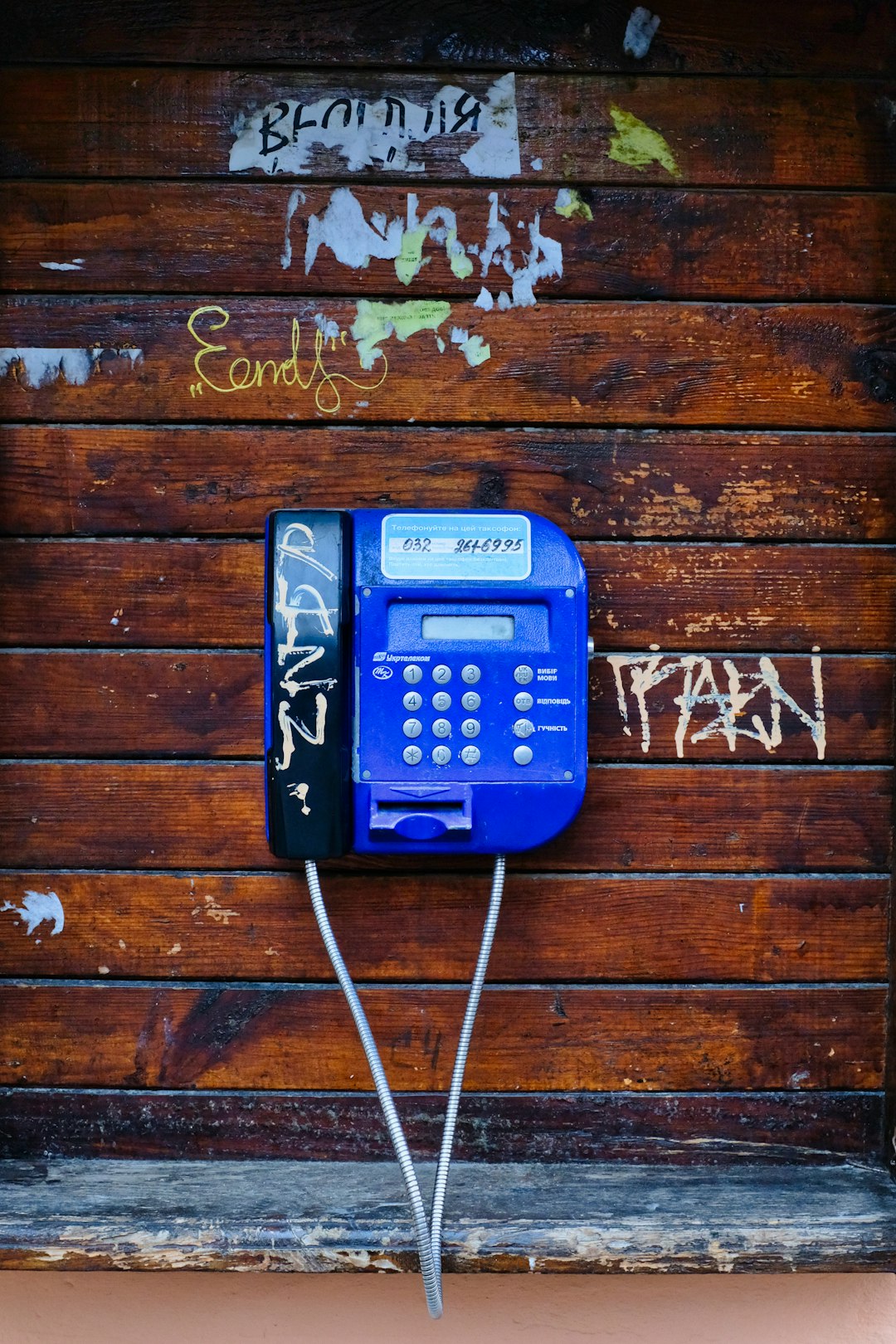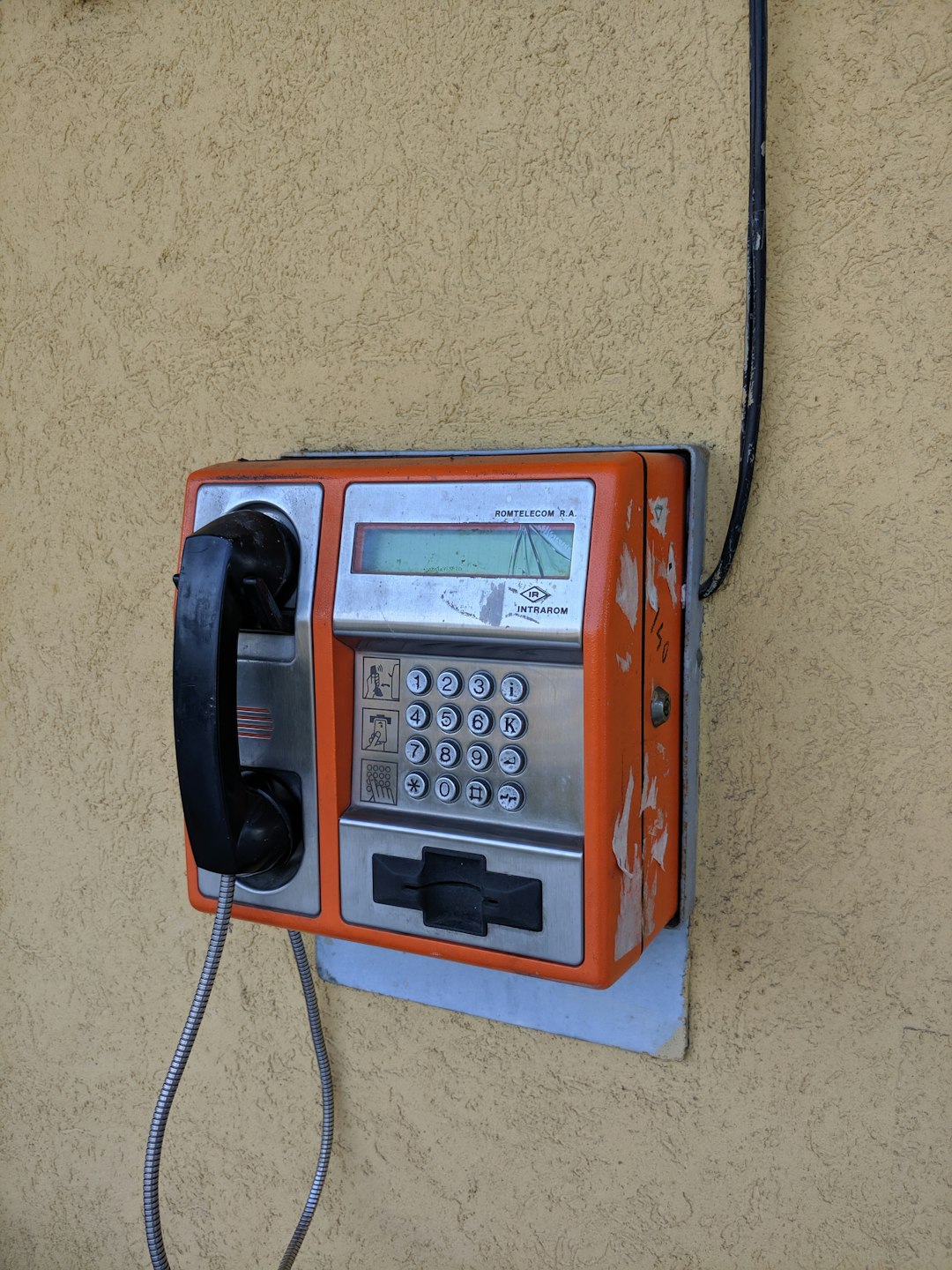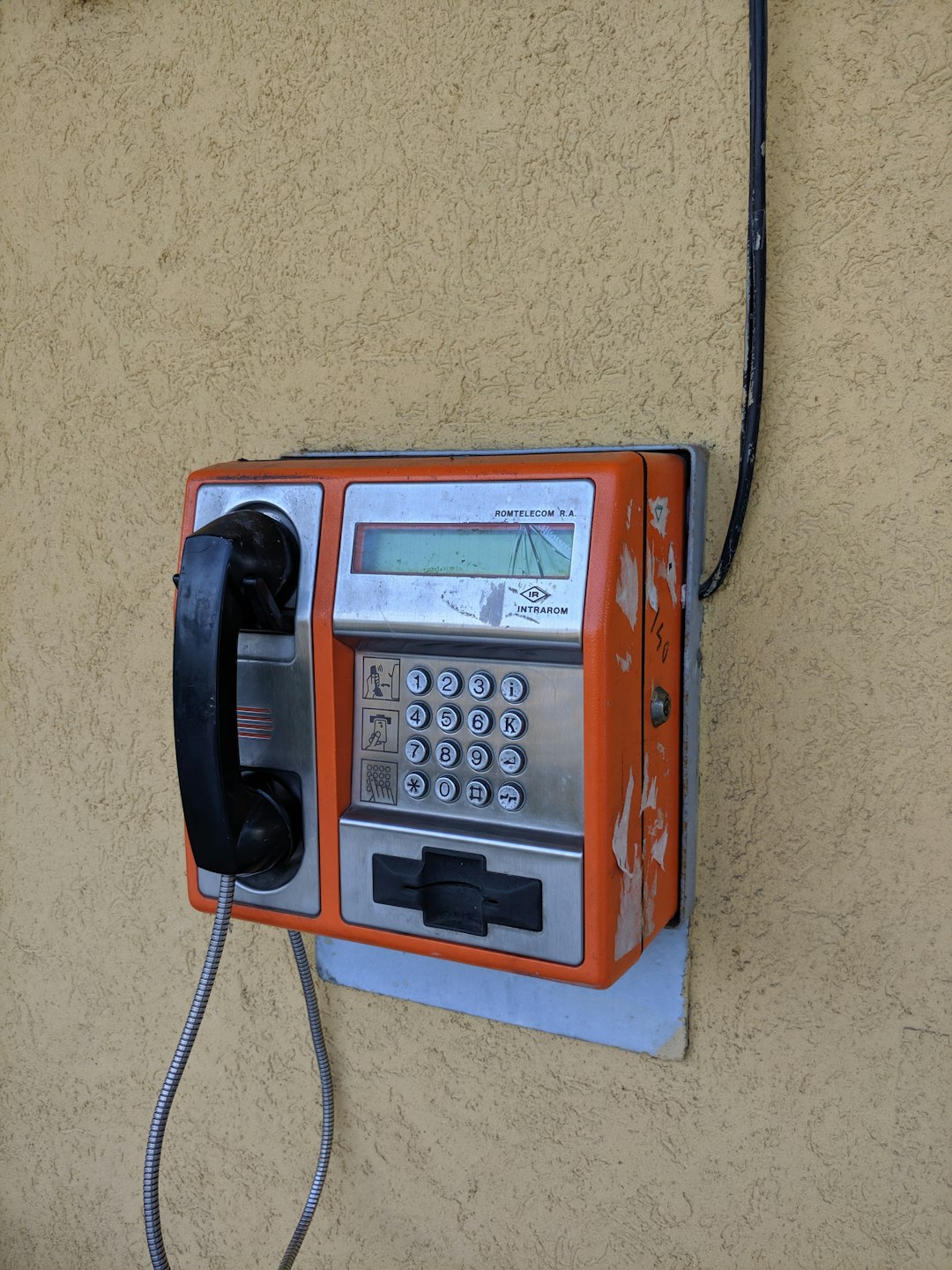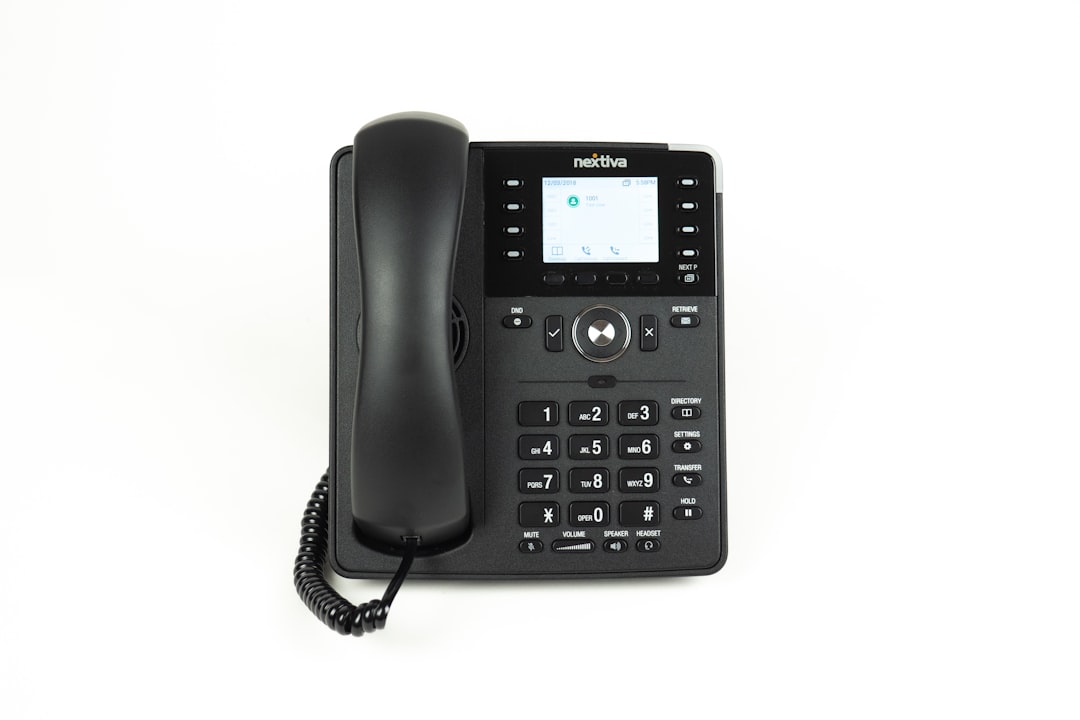Robocalls for debt collection in Utah are regulated by laws like the Fair Debt Collection Practices Act (FDCPA) and the Telephone Consumer Protection Act (TCPA). Consumers have rights to verify debt legitimacy, request details, and document communications. A lawyer for robocall Utah can ensure these rights are respected, guiding individuals through validation processes and legal boundaries. If you receive a suspicious call, maintain composure, gather information, consult a specialist, and thoroughly document interactions to protect your rights.
In today’s digital age, many consumers in Sandy, Utah, face unwanted robocalls regarding debt collection. It’s crucial to understand your rights and know how to validate a debt effectively when contacted by such calls. This guide delves into the process of debt validation, providing insights on gathering essential information, following legal steps, and recognizing when to seek legal assistance from a qualified lawyer for robocall Utah.
Understanding Robocalls and Debt Validation

Robocalls, automated phone calls made en masse, have become a common nuisance, but they can also be a source of concern when it comes to debt collection. In Utah, as in many places, consumers are protected by laws that govern how creditors and debt collectors, including those using robocall technology, interact with them. When you receive a robocall claiming you owe a debt, understanding the process of debt validation is crucial.
Debt validation involves verifying the legitimacy of the debt claimed by the collector. As per the Fair Debt Collection Practices Act (FDCPA), a creditor or collector must provide you with certain information and give you the right to dispute the debt. If you request validation, they must supply details such as the original amount owed, when it became delinquent, and the name of the original creditor. A lawyer for robocall Utah can guide you through these rights and ensure that your interactions with debt collectors adhere to legal boundaries.
Legal Rights When Contacted by a Robocall for Debt in Utah

When contacted by a robocall regarding a debt in Utah, it’s crucial to understand your legal rights. As per the Telephone Consumer Protection Act (TCPA), businesses must obtain your explicit consent before calling you using automated dialing systems or prerecorded messages. If a lawyer for robocall Utah is involved, they are required to provide specific information and follow certain guidelines during their communication with you.
In Utah, debt collectors have a set timeframe of six years to file a lawsuit after the last payment on the debt was missed. During these interactions, you have the right to request validation of the debt, which means the collector must provide details such as the amount owed, the name of the original creditor, and proof that the debt is legitimate. It’s advisable to document all conversations with the lawyer for robocall Utah and keep records of any requested information or agreements made to protect your rights further.
How to Gather Necessary Information for Validation

When contacted by a robocall regarding a debt, it’s crucial to remain calm and gather essential information to validate the claim. First, ask for the name of the creditor, the amount owed, and any specific details about the alleged debt. It’s also important to request proof, such as documentation or records, from the collector. Note down all relevant information, including dates, communication channels used (email, mail, phone), and any references or account numbers mentioned.
Having a lawyer for robocall Utah on speed dial can be beneficial during this process. Legal expertise can help you understand your rights, challenge inaccurate claims, and ensure the collection agency adheres to federal regulations like the Fair Debt Collection Practices Act (FDCPA). They can assist in obtaining validation from the creditor directly and guiding you through any legal actions if necessary.
Steps to Validating a Debt Effectively

When contacted by a robocall regarding a potential debt, validating it is crucial to protect your rights. Here’s a step-by-step process to ensure effectiveness. Firstly, don’t be pressured into making immediate decisions. Take time to confirm the caller’s identity and the nature of the debt. Ask for details such as the original creditor, date of the alleged debt, and specific amounts owed. It’s wise to request verification in writing from the collector, especially if you dispute the claim.
Engaging a lawyer for robocall Utah can be beneficial. They can guide you through the process, ensure your rights are protected, and potentially negotiate on your behalf. Always keep records of all communications, including dates, names, and any agreements made. This documentation can serve as invaluable proof if the matter escalates or requires legal action.
When to Seek Legal Assistance from a Lawyer for Robocall in Utah

If you’ve received a robocall in Sandy, Utah, claiming to be from a collection agency or demanding payment for a debt, it’s understandable to feel pressured and unsure of your rights. In such situations, knowing when to seek legal assistance from a qualified lawyer can make all the difference.
In Utah, as in many states, consumers have protections against unfair or deceptive debt collection practices. If you believe a robocall is inaccurate, misleading, or violates these laws, consulting with a local lawyer specializing in consumer rights and debt collection litigation is advisable. A lawyer for robocall Utah can help you understand your legal options, challenge the validity of the debt, and ensure your rights are protected throughout the process.






